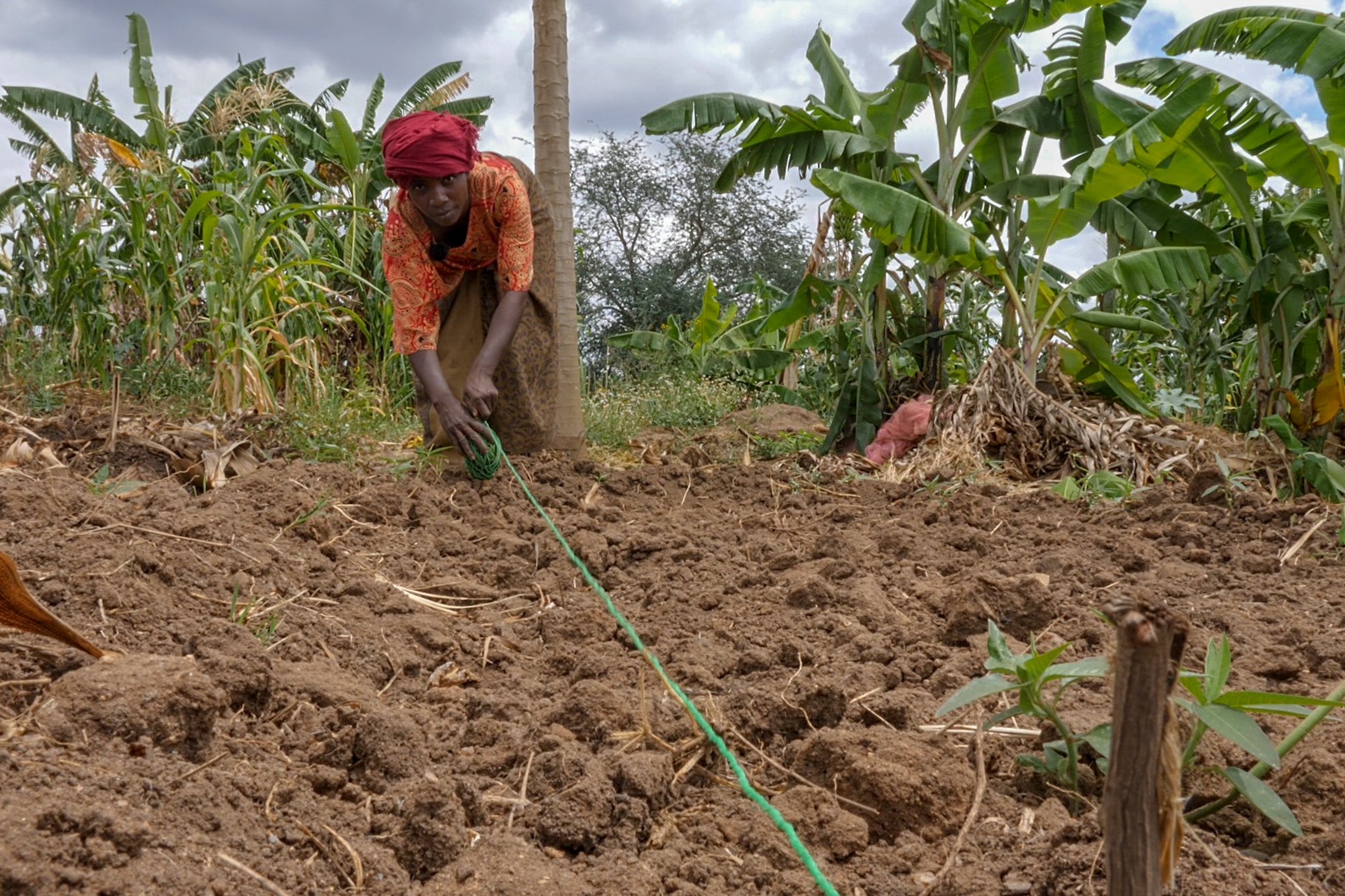Expanding Agroecology for a Resilient Future
Tanzania is set to play a key role in the second phase of an innovative agroecology initiative aimed at transforming food systems by reviving traditional, climate-resilient crops. This project, known as the Consumption of Resilient Orphan Crops and Products for Healthier Diets (CROPS4HD), has officially launched its second phase after its initial implementation in Dar es Salaam.
The initiative seeks to address pressing challenges related to food security, climate change, and sustainable agriculture. In Tanzania alone, the programme aims to double its reach from 8,000 farmers in Phase I to 16,000 by 2029, with a strong emphasis on empowering women and youth. Globally, the second phase targets five million smallholder farmers across four countries: Tanzania, Niger, Chad, and India.
A Significant Investment with Room for Growth
A budget of Sh21 billion has been allocated for the four-year programme in Tanzania, which will be implemented in the southern regions of Lindi and Mtwara, with plans to expand to the Coast and Dodoma regions. However, a funding gap of Sh6 billion remains, prompting calls for increased support from development partners and private sector actors.
Ms Betty Malaki, the Country Representative for SWISSAID Tanzania, highlighted the broader vision behind the initiative. “This programme is not just about farming—it is about food sovereignty, climate adaptation, and inclusive development,” she said. She emphasized that the project places farmers, especially women and young people, at the center of change. With the right investment, the programme can help build a food system that is healthier, fairer, and more resilient.
Key Partners and Strategic Approach
The CROPS4HD project is implemented by several key organizations, including SWISSAID, the Research Institute of Organic Agriculture (FiBL), and the Alliance for Food Sovereignty in Africa (AFSA). It is funded by the Swiss Agency for Development and Cooperation (SDC) and the Liechtenstein Development Service (LED).
The initiative focuses on promoting neglected and underutilized species (NUS), such as moringa, African eggplant, amaranth, and bambara groundnut, both for consumption and market integration. These crops are often overlooked but hold significant potential for improving nutrition and resilience in the face of climate change.
Mr Etienne Basset, the International Coordinator of CROPS4HD, outlined the project’s strategic approach. “We push for agroecological production of resilient crops. We pull by developing markets, awareness, and demand. And we embed this in enabling policy frameworks,” he explained. He also mentioned the importance of transforming seed systems by supporting farmer-managed seed banks, selection, and conservation. “You can’t grow forgotten crops if farmers don’t have access to the seeds,” he added.
Progress and Potential
In Phase I, 73 NUS-based products were introduced across the four countries, with 148 market access points created and 46,000 farmers engaged. While these numbers represent progress, they remain small compared to the potential reach of over 500,000 farmers in target regions.
The programme aligns closely with Tanzania’s national strategies, including Vision 2050, the Third Five-Year Development Plan (FYDP III), and the National Ecological Organic Agriculture Strategy. Deputy Permanent Secretary in the Ministry of Agriculture, Dr Stephen Nindi, emphasized the need for full ownership of the programme by regional authorities and stakeholders. “We must synchronise our systems and ensure this project delivers real impact,” he said, noting that Sh11 billion of the national budget is directly tied to sustainable community outcomes.
Dr Nindi urged a shift in perspective, stating, “It’s time we stop viewing this as just a donor project. Let’s own it.” He praised the government’s agricultural reforms, including the increase in the agriculture budget and the rollout of 700 new irrigation projects. He also acknowledged the success of the first phase in reducing food insecurity in Lindi and Mtwara.
Leadership in Agroecology
Dr Nindi highlighted that Tanzania is not only participating in the global movement but is also taking leadership in regional and global agroecology initiatives. The push–pull–policy model used in the project is recognized as a globally effective system-thinking approach, contributing directly to national goals for food security, climate resilience, and agroecological transformation.
As the second phase of CROPS4HD moves forward, the focus remains on scaling up efforts, ensuring inclusivity, and building a sustainable future for smallholder farmers across multiple regions.






